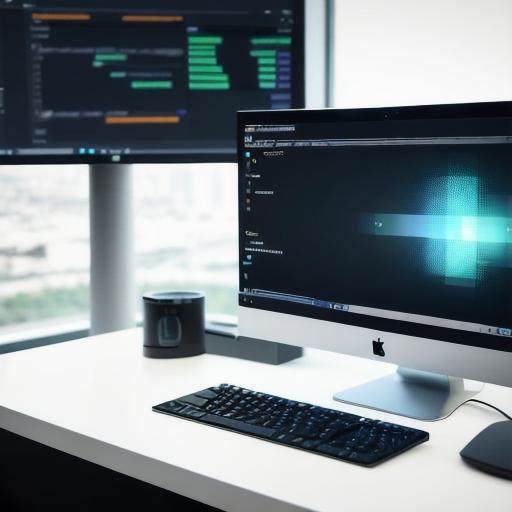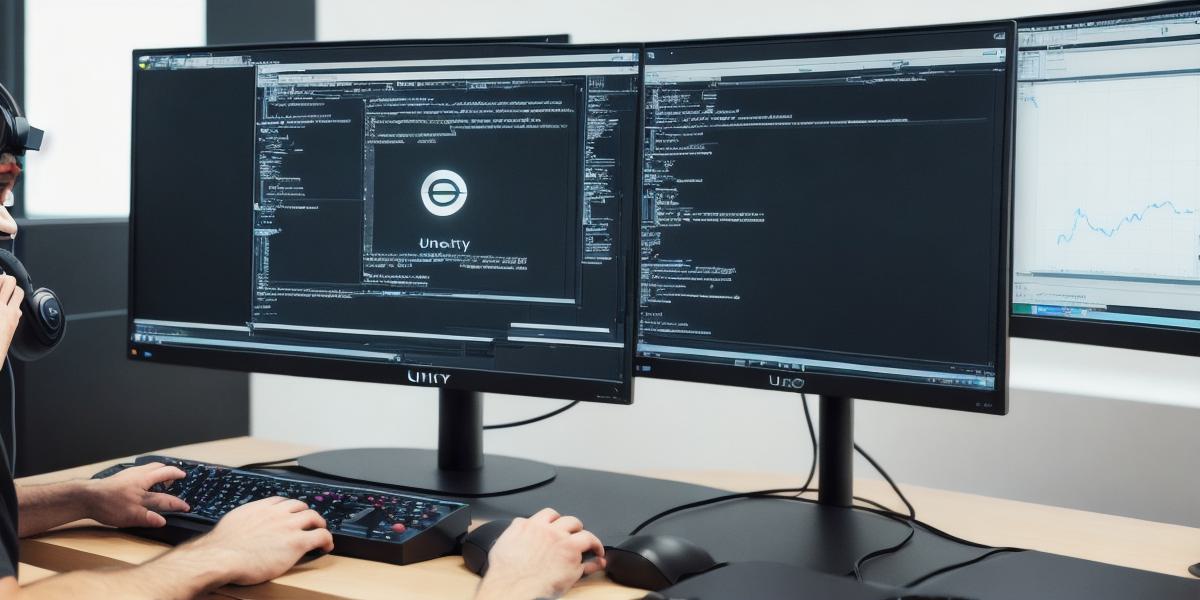As a web developer, expanding your horizons to game development using Unity on Linux can be an exciting venture. Let’s explore how you can set up your development environment and create captivating games.
**Prerequisites:**
First and foremost, ensure you have the following prerequisites installed:

- Linux Distribution: Ubuntu 20.04 LTS or newer is recommended due to its extensive support for Unity.
- Unity Hub: Download and install the latest version of Unity Hub from the official website. Unity Hub simplifies managing different versions of the engine for your projects.
- Software Development Kit (SDK): Install the required SDKs, such as Visual Studio Code or MonoDevelop, depending on your preference for coding and debugging.
**Setting Up Your Development Environment:**
- Install Unity: Launch Unity Hub and sign in with your account. Install the appropriate version of Unity for game development. Once installed, you can launch it from Unity Hub or via the terminal using
unity. - Configure Project Settings: In your project settings, under "Player Settings," configure your platform as Linux Standalone. This step enables the necessary features and configurations for building a Linux game.
- Install Necessary Packages: Some games may require additional packages, such as the Networking or Multiplayer packages. Install these through Unity Hub or via the Package Manager in the Unity Editor.
**Developing Your Game:**
Now that you have your development environment set up, you can start creating your game using C scripting or visual scripting.
Here are some essential steps:
- Create Assets: Utilize Unity’s powerful asset creation tools to build 3D models, textures, and animations for your game.
- Implement Game Logic: Write scripts in C to define game rules and logic. For instance, create scripts controlling player movement or enemy behavior.
- Design User Interface (UI): Use Unity’s UI system to create menus, buttons, and other interface elements. Design the UI that enhances the user experience in your game.
- Test Your Game: Run your game within Unity Editor to check its progress and ensure it functions correctly on Linux.
**Building Your Game:**
When you’re ready to distribute your game, follow these steps for building:

- Configure Build Settings: In the "Build Settings," set up your project output directory and configure any additional build settings as needed.
- Perform a Test Build: Create a test build to ensure everything works correctly before releasing your game to the Linux community.
- Create Distribution Packages: Once satisfied with your test build, create distribution packages for your game. You can choose between various formats like .appImage or .deb for Ubuntu-based distributions and others.
- Share Your Game: Distribute your game via online platforms such as Itch.io, Steam, or even on your personal website to share the joy of your creation with fellow Linux users.
In conclusion, developing Unity games on Linux is an enriching experience for web developers. By following this comprehensive guide, you’ll have a solid foundation to create captivating and interactive games using Unity on Linux.
